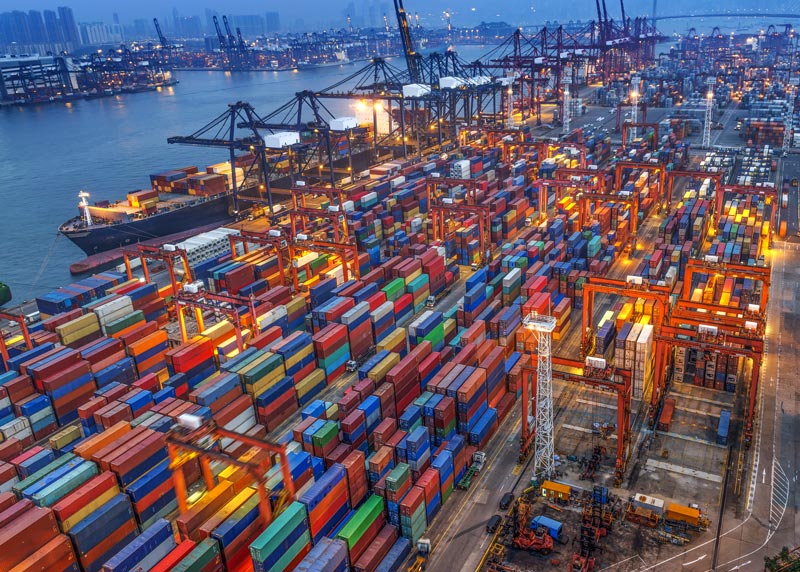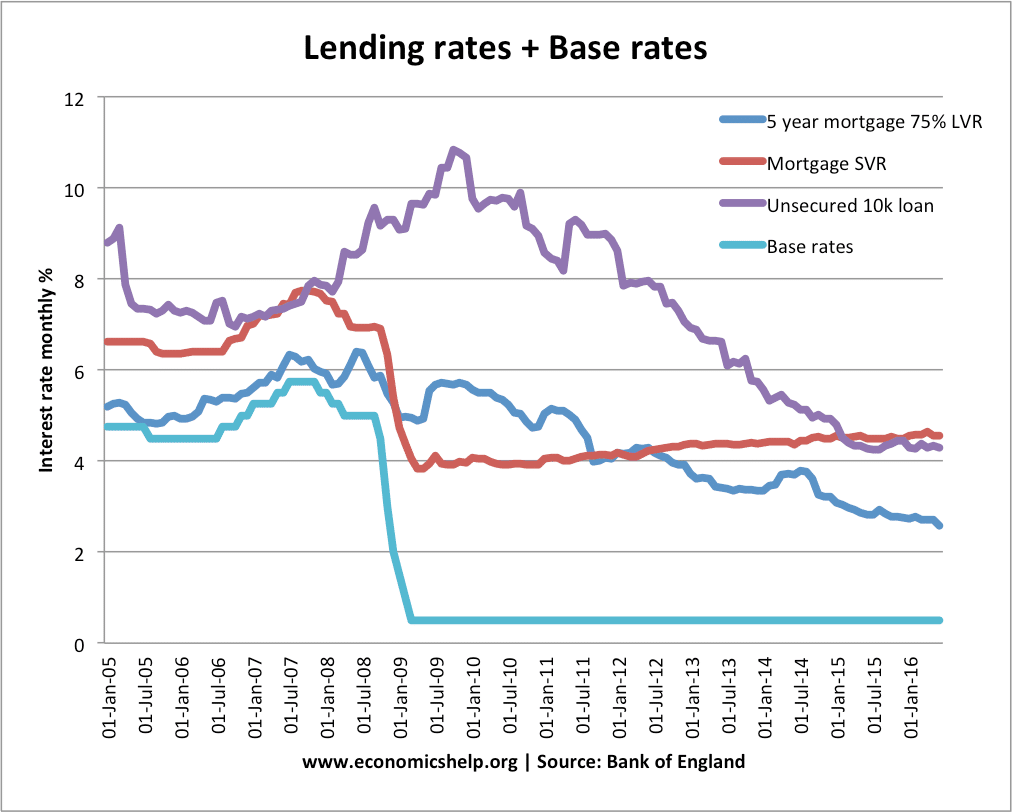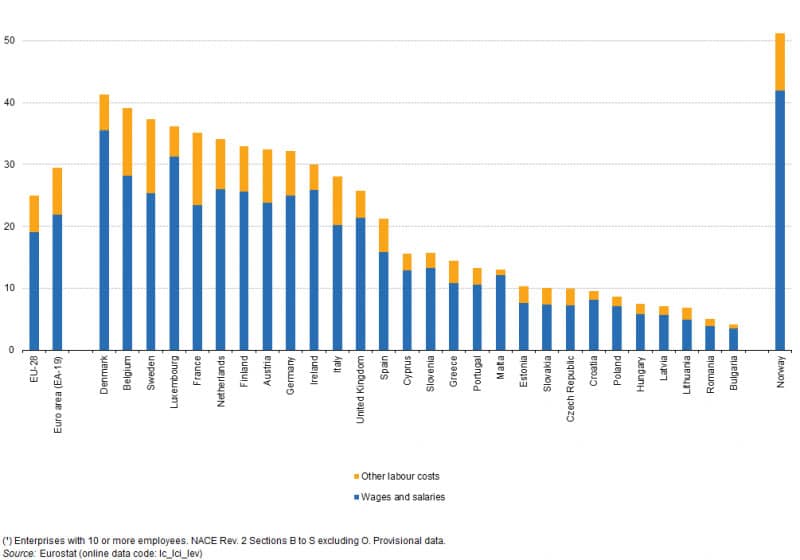The effects of ending quantitative easing
In the past few years, Central Banks have been buying bonds to Increase money supply Reduce bond yields The aim of quantitative easing is to avoid deflationary pressure and increase economic growth. Ending quantitative easing will mean The Central Bank stop buying any more bonds. The process will then be reversed and, in time, the …



